

The US Religious Diversity
The Hot Links on Religious Beliefs in Colonial America
 Introduction
Introduction
When told about Baptism or other denominations of Christianity, many people might think they are sects. The word "sect" has an outright negative meaning in Russia. That's why if a denomination wants to operate, say, in Buryatia, a Russian region that borders Mongolia, it is supposed to have an official approval from the Ministry of Justice. Some officials believe that the same way is in the USA and demand a sealed document from the US Justice Department to prove that the church is legitimate.
 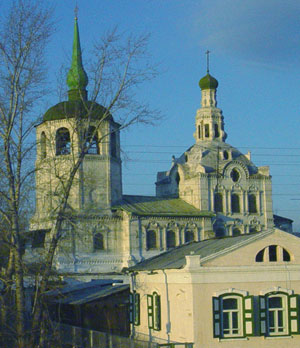 |
  |
 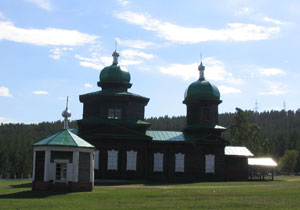 |
  |
Russian peoples traditionally belong to the Orthodox Church, Islam, Buddhism, and Catholicism. Buryatia with its million people has two major religions: the Orthodox Church and Buddhism. However Muslims, Catholics and Protestants are increasing in numbers due to immigration and conversion. Shamanism and Old Believers are also popular in the Republic.
But what is the USA like in terms of religion? A few people know that among all the US 44 presidents there has been only one Roman Catholic - John F. Kennedy. All the rest have been members of different churches. For example, George W. Bush, the 43 US president, is a Methodist while his father, G.H.W. Bush, the 41 US president, is an Episcopalian. Mitt Romney, one of the Republican contenders for 2008 presidential election, is a Mormon. Barack Obama, a newly elected President, used to be a member of Trinity United Church of Christ in Chicago. On May 31, 2008, he resigned his membership in that particular church because of controversial remarks made by the church's pastor Jeremiah Wright during the election campaign. Obama is the first president who belongs to UCC.
Refer to this link to know more about the US presidents' religious beliefs.
The amount of churches and their diversity can be confusing sometimes. Staying for a while in Georgetown area, Washington DC, I counted nine of them in the neighborhood around the intersection of O and 30th streets:
- The Parish of Christ the King (Anglican)
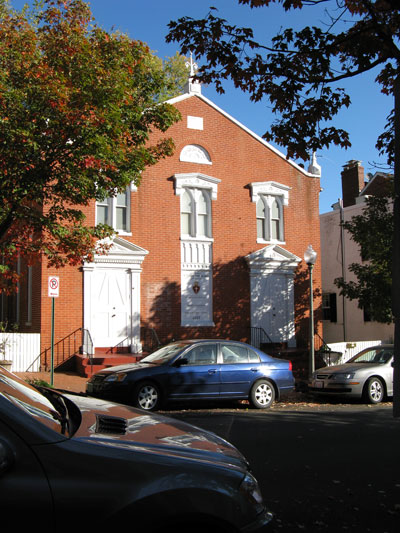 ,
, - The First Baptist Church
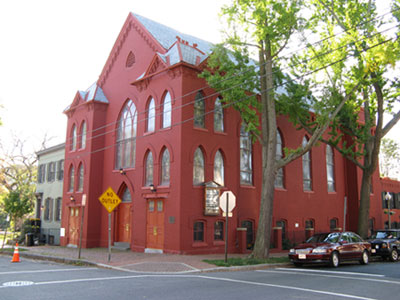 ,
, - Christ Episcopal Church
 ,
, - Presbyterian Congeragation in Georgetown
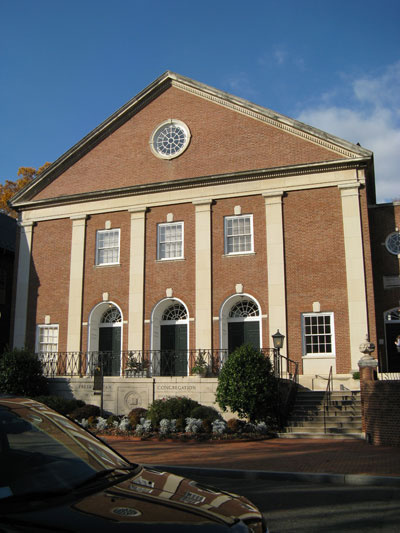 ,
, - Christ Church Georgetown
 ,
, - Mount Zion United Methodist
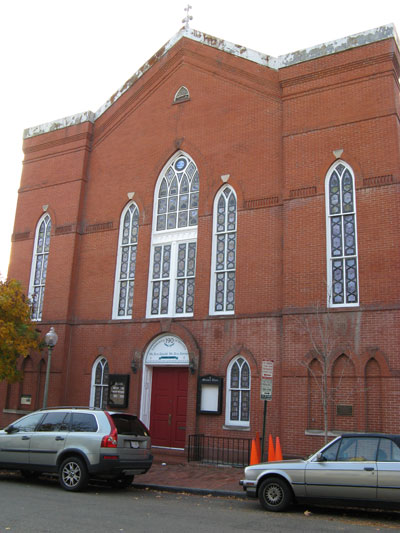 ,
, - Kesher Israel Congregation
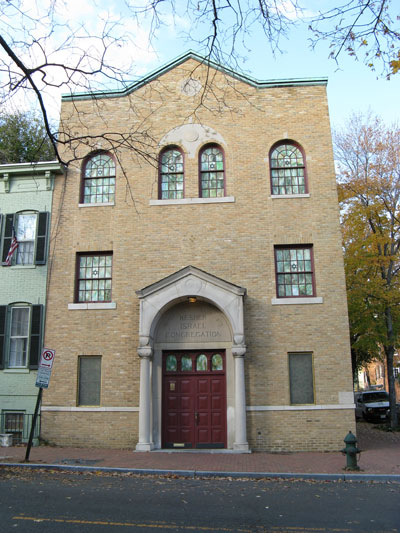 ,
, - Alexander Memorial Baptist Church
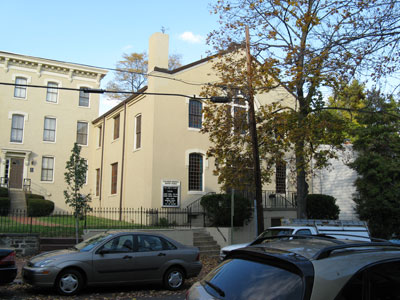 ,
, - Roman Catholic Church of the Epiphany
 .
.
It takes about ten minutes to walk around the neighborhoods and see all the churches mentioned.
 Question
Question
The diversity and abundance of churches can be explained to some extent if we have a look at the ealier history of America (British colonies) when the first colonists arrived in the New Land.
Here is the question:
- What was religious landscape like during early colonial America?
 Process and Resources
Process and Resources
|
|
|
|
|
Other sources to studyAccess the links below to find out more about religious diversity in the colonial America.
|
|
|
|
You remember that the reasons that drove colonists to the New Land were commercial interests and religious freedom. The links below deal with these two patterns.
- RELIGIOUS LANDSCAPE IN COLONIAL AMERICA. Study the links below and come up with your answer to the question above. Use the links on the right too.
Click to open some points to guide you in your research.- Read "Religion in Colonial America." By students of University of North Carolina at Pembroke, 2001.
- Read or listen to "Virginia Colonists." An excerpt from "American History Series: A Difficult Life for English Settlers," by Nancy Steinbach, VOA Special English.
- Read or listen to "Massachusetts Colonists." An excerpt from "American History Series: A Difficult Life for English Settlers," by Nancy Steinbach, VOA Special English.
- Read or listen to "Puritans." An excerpt from "American History Series: How a Desire for Religious Freedom or Land, or Both, Led to Colonies."
- Read or listen to "Quakers." An excerpt from "American History Series: How a Desire for Religious Freedom or Land, or Both, Led to Colonies."
- Read or listen to "Maryland Colonists." An excerpt from "American History Series: Slavery Arrives as Colonial Expansion Heads South."
- BIG QUESTION. Do you think that the search for religious freedom eventually led the colonists to democratic values? There is no obvious answer to the question in the texts. You are expected to do some research. You might want to use the links in the "Other sources to study" box or search for other links on the Web. Comparisons with your local realities or your country [not the USA] at large are welcome.
 Conclusion
Conclusion
The religious beliefs among the colonists, opportunities to freely worship in the New Land and later First Amendment to the US Constitution adopted in 1791 significantly contributed to the diversity of beliefs in the modern Unites States.
[to top]Virginia was settled by a commercial company organized for profit and had an Anglican background. The colonization of Maryland had its origin in the ambitions of a distinguished English family to build up a large manorial estate and a Catholic refuge. In striking contrast, the six New England colonies - Plymouth, Massachusetts Bay, New Hampshire, Rhode Island, Connecticut, and New Haven - were the results of new forces in colonization: Puritanism and seventeen-century democracy."
Oscar Theodore Barck, Jr. and Hugh Talmage Lefler (1968), Colonial America.
The Macmillan Company, New York, p. 69.
© 2006-2010 Developed by Erdem Dugarov.
Department of English Language for Intercultural Communication (DELIC ESSTU).
News Feeds